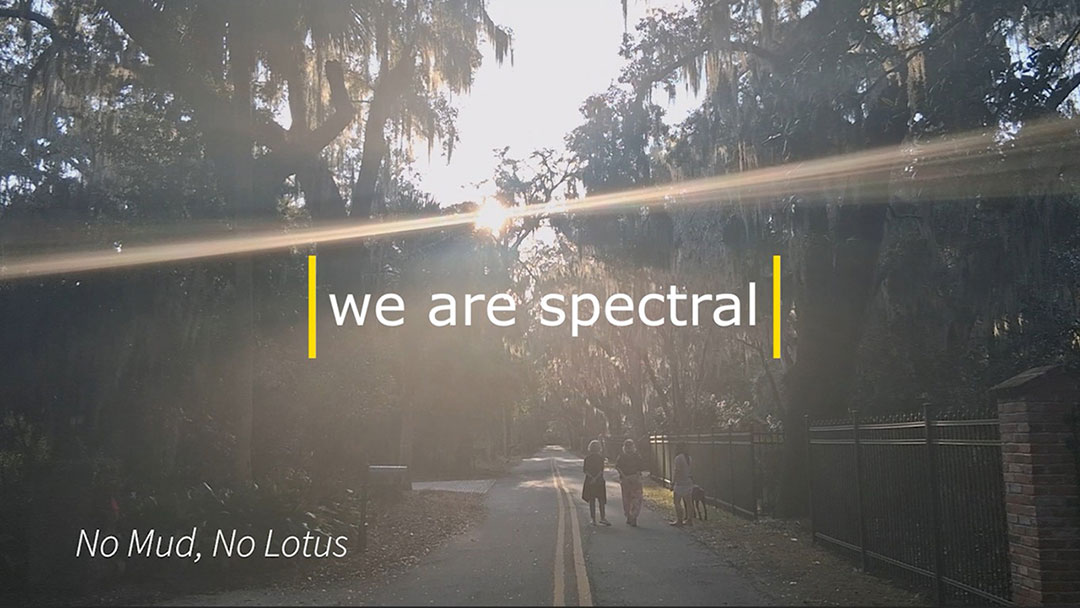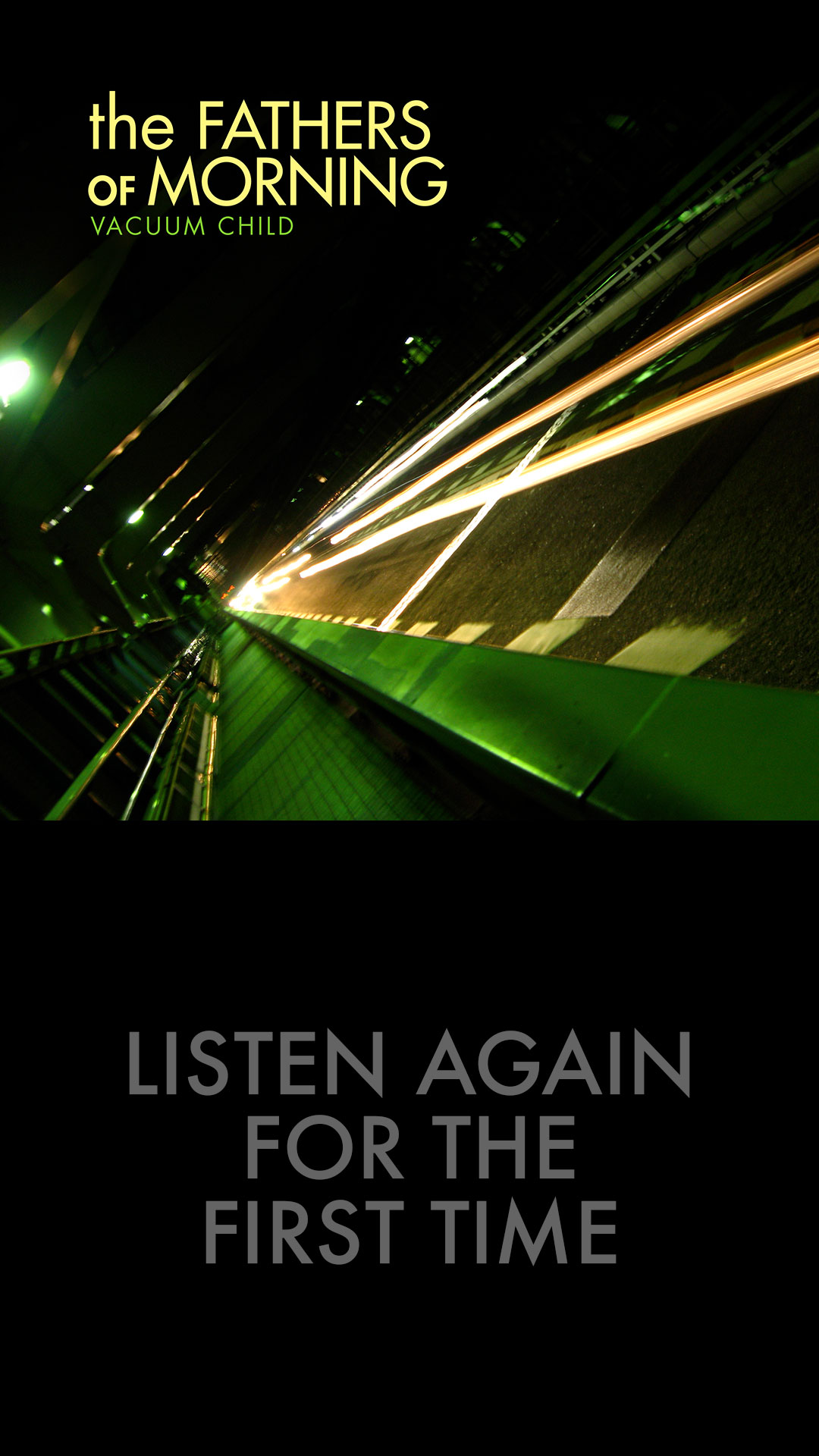 Fronted by the nervous guitar and earnest vocals of Richard Barone, the Bongos grabbed the torch from the Talking Heads to light the way into the 1980s for a second generation of eye-opening New York bands that sounded nothing like their predecessors. Dedicated to the proposition that the tired and huddled masses could still find comfort at CBGB (or at Maxwell’s across the Hudson River), the Bongos ruled the greater-NYC roost. A stimulating succession of solo releases, topped by this year’s Glow (Bar/None), leaves no doubt that Barone is still hitting on all cylinders, a vital and imaginative force in today’s music scene when most of his contemporaries have fallen by the wayside. Barone will be guest editing magnetmagazine.com all week. Read our Q&A with him.
Fronted by the nervous guitar and earnest vocals of Richard Barone, the Bongos grabbed the torch from the Talking Heads to light the way into the 1980s for a second generation of eye-opening New York bands that sounded nothing like their predecessors. Dedicated to the proposition that the tired and huddled masses could still find comfort at CBGB (or at Maxwell’s across the Hudson River), the Bongos ruled the greater-NYC roost. A stimulating succession of solo releases, topped by this year’s Glow (Bar/None), leaves no doubt that Barone is still hitting on all cylinders, a vital and imaginative force in today’s music scene when most of his contemporaries have fallen by the wayside. Barone will be guest editing magnetmagazine.com all week. Read our Q&A with him.

Barone: That Nicholas Schaffner and I would become fast friends was inevitable. On my first visit to New York as a high-school student, I actually won a copy of his first book—Fab Four fan classic The Beatles Forever, published by McGraw Hill when Nicholas was barely 22—in a New York Daily News contest. The question (“What was the working title of the film Help?”) was easy (Eight Arms To Hold You). After I moved to New York, Nicholas’ reputation as a rock journalist was growing, and his name came up constantly. “Do you know Nicholas Schaffner?” or “You Should know Nicholas Schaffner.” When we did finally meet, I had just started performing the chamber-type solo shows that morphed into my first album, Cool Blue Halo. Nicholas was at every show—not just in New York, but even traveling to Germany to see us in Berlin. He loved the early T.Rex covers and lesser-played Beatles and Bowie songs in our live sets. His books—and the very fact that he wrote them—were inspiring to me, and years later his devotion to the craft and his writing style informed my own book. When he was writing his last major book, authorized Pink Floyd biography Saucerful Of Secrets, he invited me to hang out as he interviewed the band on tour, allowing me to view the mega-stadium experience from a fascinating, unforgettable perspective. But it was his last, never-released project that haunts me the most: his poetry cycle The Fool’s Journey. Twenty-one poems based on the major arcana cards of the Tarot, each from the point of view of the Fool as he stumbles along: “A weaver of verses and teller of tales/In the language of lunatics, lovers, and seers/He’ll sing for his supper to harlots or kings/At the end of each day, receive his reward/In a hovel, or palace, or under the stars.” The last thing Nicholas gave me was a T-shirt of the Fool card, which I wore until it was threadbare. He often wore the Magician, and as I stumble along, still singing for my supper to harlots and kings, I aspire to wear that one someday.
Nicholas Schaffner (1953-1991)













